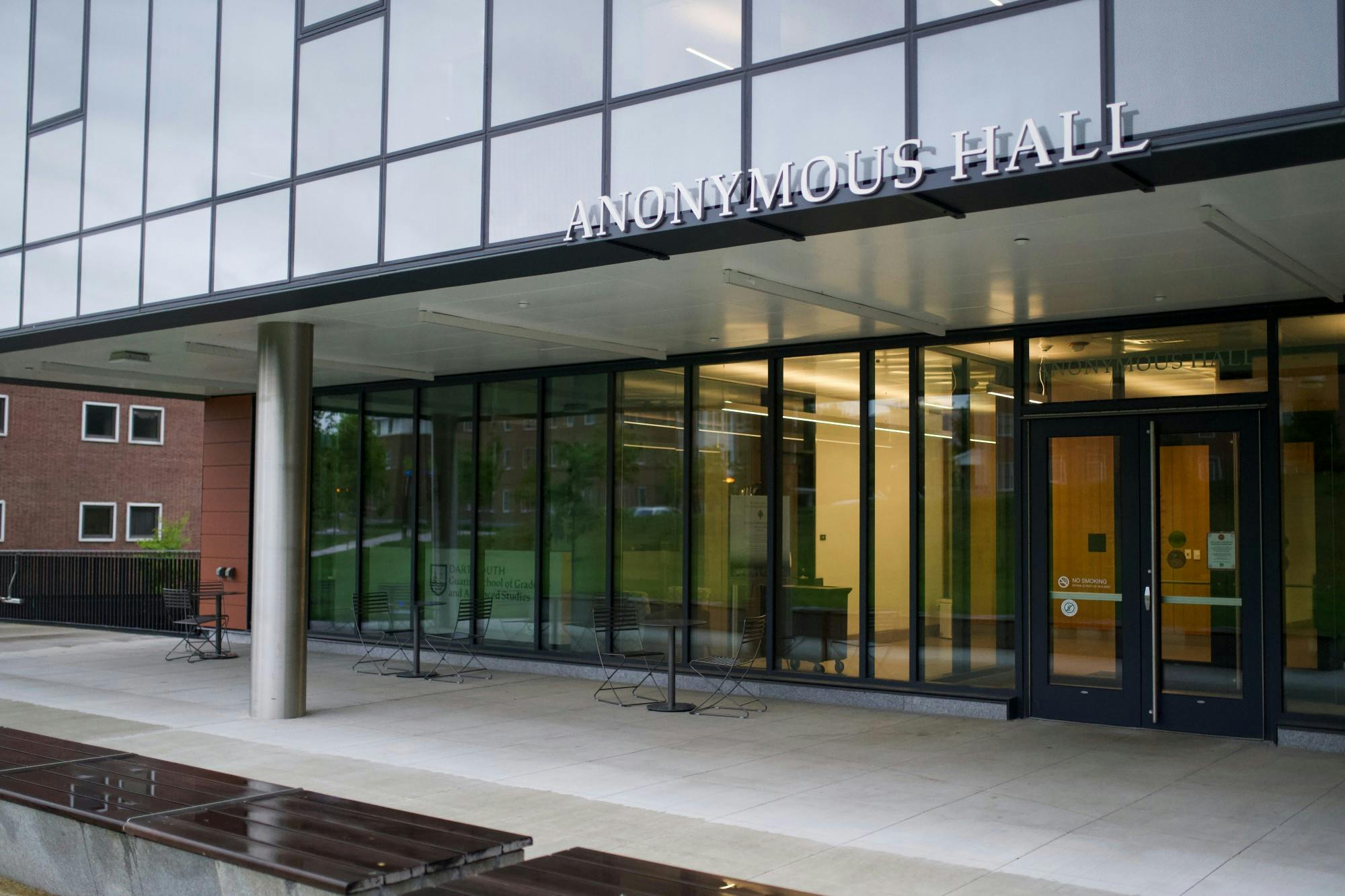The Asian societies, cultures and languages department announced that it will offer the Chinese Language Study Abroad program — which has not run since 2019 due to COVID-19 policies and travel restrictions — at National Taiwan University in Taipei, Taiwan this fall. Dartmouth had previously hosted the LSA+ at Beijing Normal University since 1982.
According to program director and religion professor specializing in Chinese religions Gil Raz, the LSA+ — which superseded an earlier Chinese Foreign Study Program also based in Beijing — has not run since fall 2019. He said that administrators from the ASCL department and the Guarini Institute for International Education chose to suspend the program due to China’s strict COVID-19 quarantine policy, which would have required students to isolate for two weeks upon entering the country.
Jonathan Lim ’23 said he applied to the LSA+ in Beijing in 2020 after having lived in China for a period prior to entering Dartmouth.
“I saw the LSA+ as an opportunity to go back and re-immerse myself in the language and have another round of exponential growth to my learning,” Lim said.
Lim said he initially saw the LSA+ as “just another thing that’s canceled,” after on-campus classes were canceled in March of 2020. The College was unable to offer a Chinese LSA+ for the next three years, Raz said, even as the majority of Guarini Institute programming resumed. He added that in order to host the program at BNU, Dartmouth needed confirmation “between nine months and a year ahead,” and BNU was unable to confirm the 2022 program in time.
By the time the Taipei program is offered, most students who applied to the Chinese LSA+ in 2020 will have graduated. After applying for the program in both 2020 and 2021, Lim said he is among the students who can no longer participate.
Raz said that Dartmouth looked at other options in the spring of 2022 to host the program for the fall of 2023. Ultimately, the College decided to partner with NTU, which has hosted study abroad programs with other universities for several decades, Raz said. He added that he was asked to serve as program director after the decision to move the program was made and that the program had already been confirmed in Taipei by the time China loosened its COVID-19 restrictions in December of 2022.
Clara Goulding ’25 said she applied for the fall 2022 program before it was canceled, adding that the decision to reapply to the program in Taipei was a “no-brainer” given her long-standing interest in the language and time spent studying in Beijing in high school.
“I think it will also be interesting to see because, with my Chinese career so far, I feel it’s been very focused on mainland China,” Goulding said. “There’s definitely a lot of unknown with [Taipei], but I think it will be really cool.”
During the program, students will take language classes at NTU in addition to the religion course ASCL 69.04 “Chinese Religions in Taiwan,” taught by Raz. The class will meet weekly for three hours at a time, which Raz said will allow students time to visit temples and other religious sites. Raz added that students will also benefit from the fact that Chinese religious practices are “far more accessible and active in Taipei than Beijing.” Before they even do their first reading, Raz said, students in his course will travel to the city of Keelung to participate in a ghost festival.
“We’re kind of starting with a bang,” Raz said. “We arrive just at the climax of the Chinese ghost festival… [It’s] a huge ceremony that takes place in this port city called Keelung and then there’s a push that goes out on boats that they put on fire into the ocean.”
Raz, who has spent time in both mainland China and Taiwan, said that both experiences were enriching, although he noted Taiwan’s unique attractions, such as its night markets and “rich topography.”
Raz added that for a language student, studying in Taiwan brings many of the same benefits as mainland China, with a few key distinctions. The spoken language that is taught at NTU, usually referred to as Mandarin Chinese, is the same as taught at BNU, Raz explained, but it is written in a traditional script — as opposed to the simplified characters used in mainland China. Furthermore, although the majority of Taiwanese people speak Mandarin, there is a large portion of the population that speaks other dialects, such as Hokkien, Fukien and Hakka, he added.
“I think one of the challenges will be that Taiwan uses traditional Chinese characters and the mainland uses simplified,” Goulding said. “At Dartmouth we’re required… to learn [the traditional characters first], but since then I’ve always done simplified, so I think that will be a bit of a challenge.”
If China does not tighten its COVID-19 protocols again, the department is assuming that the LSA+ will return to Beijing Normal University the following year, Raz said, noting that the focus remains on planning for the fall 2023 program. Raz said a recent information session about the 2023 program was well-attended by students, many of whom had waited two or three years to participate.
“I lived in Taiwan. I love Taipei,” Raz said. “The program is very well set up. [NTU has] a lot of experience…. And they’ve been running this with other schools for many, many years.”
Correction appended (Jan. 25, 9:30 p.m.): A previous version of this article incorrectly quoted Raz saying that students on the LSA+ would catch the end of the Keelung ghost festival. The students will arrive at the peak of the festival. The article has been updated.
Kent Friel ‘26 is an executive editor at The Dartmouth.




